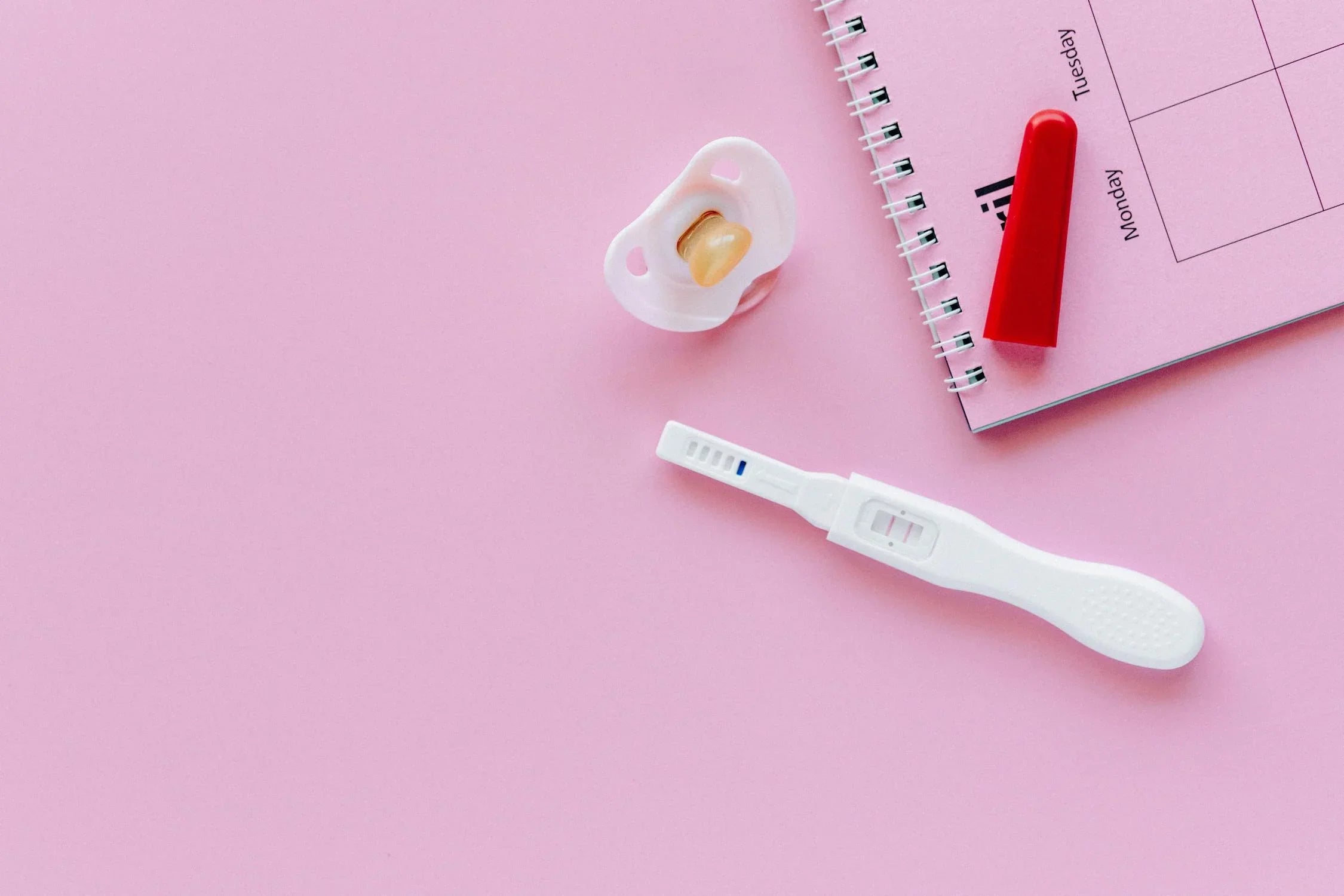Startseite
Pregnancy, Breastfeeding, and Pumping: The Ultimate Guide for Moms
Can I Negative Pregnancy Test Be Wrong? Exploring the Possibilities

Can I Negative Pregnancy Test Be Wrong? Exploring the Possibilities
When you're anxiously waiting to find out if you're pregnant, a negative pregnancy test can bring a mix of emotions. But what if that negative result isn't accurate? Can a negative pregnancy test be wrong? The short answer is yes, and understanding why can help you navigate this uncertain time with more clarity.
How Pregnancy Tests Work
Pregnancy tests detect the presence of human chorionic gonadotropin (hCG), a hormone produced during pregnancy. Most tests are designed to detect hCG in urine, but the accuracy depends on factors like the test's sensitivity, the timing of the test, and how it's used.
Reasons for a False Negative Pregnancy Test
There are several reasons why a pregnancy test might show a negative result even if you're pregnant:
Testing Too Early
One of the most common reasons for a false negative is testing too early. hCG levels rise rapidly in early pregnancy, but they may not be high enough to detect if you test shortly after conception. Waiting until after your missed period can improve accuracy.
Diluted Urine
If your urine is too diluted, the concentration of hCG might be too low for the test to detect. For the most accurate results, use the first urine of the morning, which is typically more concentrated.
Incorrect Test Usage
Not following the test instructions carefully can lead to inaccurate results. For example, using too much or too little urine, or misreading the results, can affect the outcome.
Expired or Faulty Test
An expired or defective test may not work properly, leading to a false negative. Always check the expiration date and store the test as directed.
Ectopic Pregnancy
In rare cases, an ectopic pregnancy (where the fertilized egg implants outside the uterus) can result in lower hCG levels, potentially causing a false negative.
What to Do If You Suspect a False Negative
If you believe your negative pregnancy test might be wrong, consider the following steps:
Wait and Retest
Wait a few days and take another test. hCG levels double every 48 to 72 hours in early pregnancy, so waiting can increase the likelihood of an accurate result.
Consult a Healthcare Provider
If you continue to experience pregnancy symptoms or have concerns, consult a healthcare provider. They can perform a blood test, which is more sensitive than a urine test, or an ultrasound to confirm pregnancy.
Track Your Symptoms
Keep track of any symptoms you're experiencing, such as missed periods, nausea, or fatigue. This information can help your healthcare provider assess your situation.
Emotional Impact of a False Negative
A false negative pregnancy test can be emotionally challenging, especially if you're actively trying to conceive or are concerned about an unplanned pregnancy. It's important to acknowledge your feelings and seek support if needed.
Preventing False Negatives
To minimize the risk of a false negative, follow these tips:
- Wait until after your missed period to test.
- Use the first urine of the morning.
- Follow the test instructions carefully.
- Check the expiration date and ensure the test is stored properly.
When to Seek Medical Advice
If you've taken multiple tests with conflicting results or have persistent symptoms, it's a good idea to seek medical advice. A healthcare provider can help determine whether you're pregnant or if there's another underlying issue.
Understanding the possibility of a false negative pregnancy test can empower you to make informed decisions. Whether you're hoping for a positive result or are concerned about an unplanned pregnancy, knowing the facts can help you navigate this journey with confidence.
Teilen
